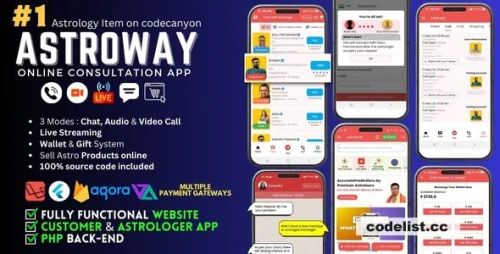Tips to Boost E-A-T on My Website?
That’s an excellent question — and a very timely one, since E-A-T (Expertise, Authoritativeness, Trustworthiness) has become one of the strongest signals for SEO in 2025,

That’s an excellent question — and a very timely one, since E-A-T (Expertise, Authoritativeness, Trustworthiness) has become one of the strongest signals for SEO in 2025, especially in YMYL (Your Money or Your Life) niches like health, finance, tech, or legal content.
Below is a comprehensive list of practical ways to strengthen your site’s E-A-T, both on-page and off-page 👇
1. Showcase Real Expertise
Google wants to know your content is written or reviewed by qualified people.
Tips
-
Add author bios at the end of each post with credentials, education, and professional experience.
-
Include LinkedIn or professional social links for your authors.
-
If possible, use schema markup (
Person,Author,Article) to show Google who wrote and reviewed your content. -
For YMYL niches, add a “Medically Reviewed by” or “Financially Reviewed by” section.
2. Strengthen About & Contact Pages
E-A-T is also about who you are — not just your content.
Tips
-
Create detailed About Us and Team pages with bios, real photos, and company history.
-
Add Contact information that matches your business (address, phone, email).
-
If applicable, include certifications, awards, or affiliations.
-
Display your privacy policy, refund policy, and terms of service clearly — these build trust signals.
3. Use Credible Sources
Every claim should be backed up with verifiable data.
Tips
-
Cite official organizations, research papers, or well-known publishers.
-
Use outbound links to .gov, .edu, or reputable industry sources.
-
Avoid unverified or AI-generated facts without citation.
Bonus: Use
rel="nofollow"orrel="sponsored"for affiliate or promotional links.
4. Build Authoritativeness via Mentions and Links
Authority comes from how others on the web talk about you.
Tips
-
Earn backlinks from relevant, high-authority websites.
-
Do guest posting on credible blogs in your niche.
-
Get brand mentions on forums, news, or review sites.
-
Register your business on Google Business Profile and trusted directories.
5. Show Trustworthiness
Google wants to ensure users can safely interact with your site.
Tips
-
Use HTTPS (SSL certificate).
-
Avoid intrusive ads or popups.
-
Display customer testimonials, reviews, and real case studies.
-
Show transparent authorship — no anonymous content.
-
Keep your content up-to-date — add “Last Updated” timestamps.
6. Publish In-Depth, Well-Researched Content
Thin content hurts E-A-T. Aim for expert-level depth in your articles.
Tips
-
Cover topics comprehensively, not just keywords.
-
Include original insights (data, opinions, experiments).
-
Use internal links to show topical authority clusters.
-
Add FAQs, charts, or infographics to improve clarity.
7. Implement Structured Data
Schema markup helps Google understand your expertise.
Add:
-
Organization(with logo, contact info) -
Person(for author) -
Review,FAQ,Product,HowTo, etc.
This increases visibility and credibility in SERPs (rich snippets).
8. Keep Your Reputation Clean
E-A-T isn’t just about your site — Google looks at your brand across the web.
Tips
-
Monitor reviews on Google, Trustpilot, or niche sites.
-
Respond politely to negative feedback.
-
Keep your social media profiles active and professional.
-
If your name or brand appears in news articles, ensure it’s in a positive context.
Quick E-A-T Checklist
| Category | Action | Status |
|---|---|---|
| Author Expertise | Add author bio & schema | 🔲 |
| Trust | Add contact, privacy, refund pages | 🔲 |
| Authority | Earn backlinks from niche sites | 🔲 |
| Content Quality | Update old posts regularly | 🔲 |
| Reputation | Manage external reviews | 🔲 |
Share
What's Your Reaction?
 Like
0
Like
0
 Dislike
0
Dislike
0
 Love
0
Love
0
 Funny
0
Funny
0
 Angry
0
Angry
0
 Sad
0
Sad
0
 Wow
0
Wow
0












